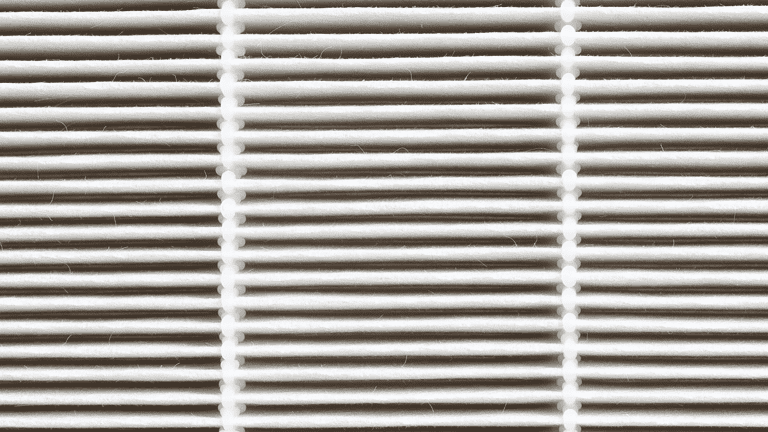Catch Your Breath: The Vital Connection Between Respiratory Health and Indoor Air Quality. 7 Key Parts
Poor indoor air quality can cause a variety of respiratory problems, ranging from minor irritations to serious health conditions. In this blog post, we will explore the vital connection between indoor air quality and respiratory health. We will discuss the impact of pollutants in the air and provide tips on how to improve indoor air quality in your Texas home.
What is the vital connection between indoor air quality and respiratory health? Let’s break it down.
The Basics of Indoor Air Quality
Indoor air quality refers to the quality of the air inside a building. It can be affected by a variety of factors, including outdoor pollution, ventilation, and the use of appliances such as air conditioners and heaters. Poor indoor air quality can cause respiratory health problems, allergies, and other health issues.
Common Indoor Air Pollutants
Indoor air pollutants can come from a variety of sources, including cleaning products, building materials, and appliances. Some common indoor air pollutants include:
- Dust and dust mites
- Pet dander
- Pollen
- Mold and mildew
- Tobacco smoke
- Carbon monoxide
- Radon
These pollutants can cause a variety of respiratory health problems, ranging from minor irritations to serious health conditions.
Respiratory Problems Caused by Poor Indoor Air Quality
Poor indoor air quality can cause a variety of respiratory health problems, including:
- Allergies: Exposure to indoor allergens can cause allergic reactions, including sneezing, runny nose, and itchy eyes.
- Asthma: Poor indoor air quality can trigger asthma symptoms, including coughing, wheezing, and shortness of breath.
- Respiratory infections: Indoor air pollutants can weaken the immune system, making it more susceptible to respiratory infections like colds and flu.
- Chronic obstructive pulmonary disease (COPD): Exposure to indoor pollutants can worsen COPD symptoms, including coughing, wheezing, and shortness of breath.
The Impact of Air Conditioning and Heating Systems on Indoor Air Quality
Air conditioning and heating systems can have a significant impact on indoor air quality. Dirty filters, ducts, and coils can circulate pollutants throughout your home, causing respiratory health problems. Regular maintenance of your air conditioner and heater can help improve indoor air quality.
Improving Indoor Air Quality
There are several steps you can take to improve indoor air quality in your Texas home:
- Ventilation: Proper ventilation can help remove indoor air pollutants and improve air quality. Open windows and use exhaust fans to improve ventilation in your home.
- Air purification: Air purifiers can help remove indoor air pollutants, including dust, pollen, and pet dander. Consider investing in an air purifier for your home.
- Regular cleaning: Regular cleaning can help remove indoor air pollutants from surfaces and carpets.
- Humidity control: Maintaining a comfortable level of humidity in your home can help prevent the growth of mold and mildew.
- Using natural cleaning products: Many commercial cleaning products contain harsh chemicals that can release harmful fumes. Consider using natural cleaning products instead.
The Importance of Regular Heating and Air Conditioning Maintenance
Regular maintenance of your Heating and Air Conditioning system is essential for improving indoor air quality. Dirty filters, ducts, and coils can circulate pollutants throughout your home, causing respiratory health problems. Regular maintenance can help prevent this. If you are in the Fort Worth, Texas area, you can count on Prestige Air to handle all your Heating and AC Maintenance.
The Benefits of Improving Indoor Air Quality
Improving indoor air quality can provide a variety of benefits, including:
- Reduced respiratory health problems: Improved indoor air quality can reduce the incidence of respiratory problems, including allergies, asthma, and COPD.
- Improved sleep: Better air quality can improve sleep quality and reduce snoring.
- Increased energy levels: Breathing clean air can increase energy levels and improve focus and productivity.
- Reduced risk of illness: Improved indoor air quality can reduce the risk of respiratory infections, colds, and flu.
- Improved overall health: Breathing clean air can improve overall health and well-being.
Indoor air quality is crucial for respiratory health. Poor indoor air quality can cause a variety of respiratory problems, ranging from minor irritations to serious health conditions. The good news is that there are several steps you can take to improve indoor air quality in your Texas home, including proper ventilation, air purification, regular cleaning, humidity control, and using natural cleaning products. Regular maintenance of your Heating and Air Conditioning system is also essential for improving indoor air quality. By taking these steps, you can breathe easier and improve your overall health and well-being.
For more information concerning Indoor Air Quality, check out one of our other articles titled, “Breathe Easy: How Ventilation and Air Purification Improve Indoor Air Quality in Texas“.







